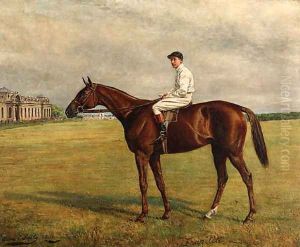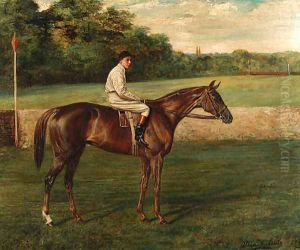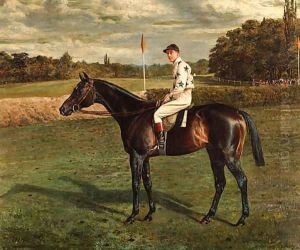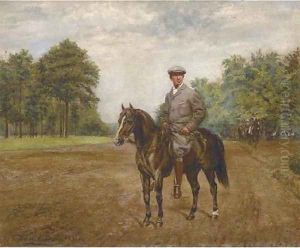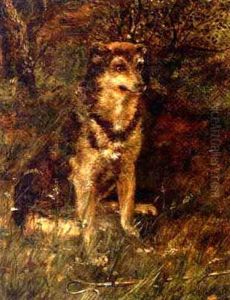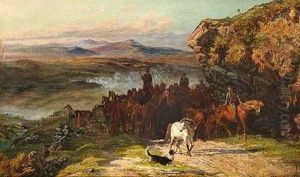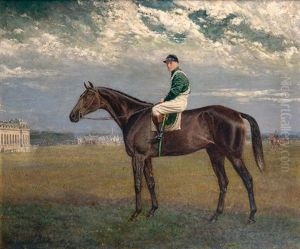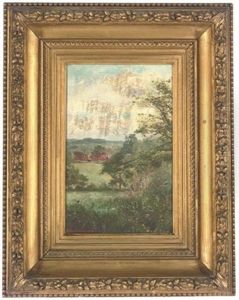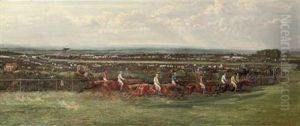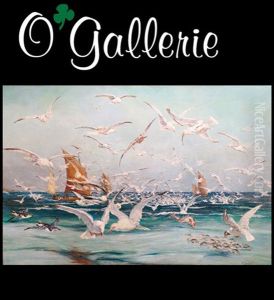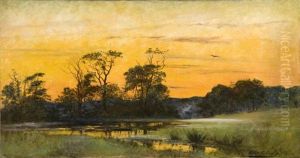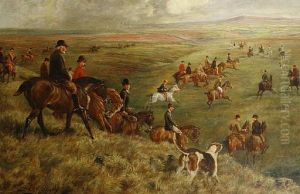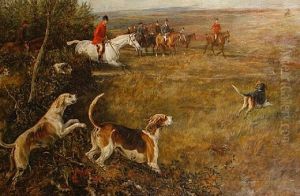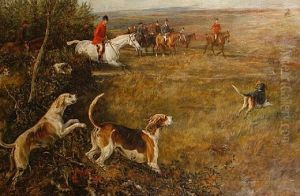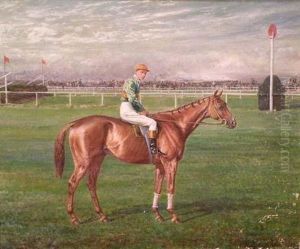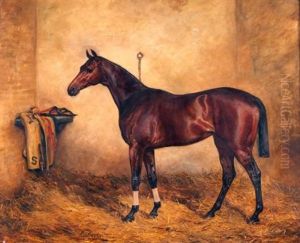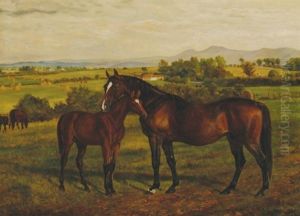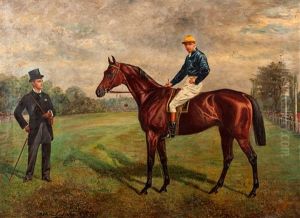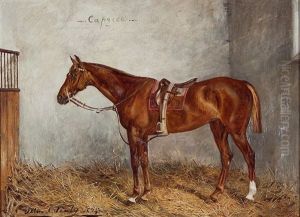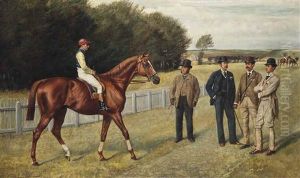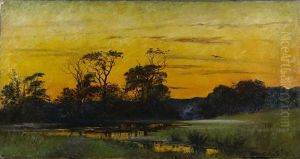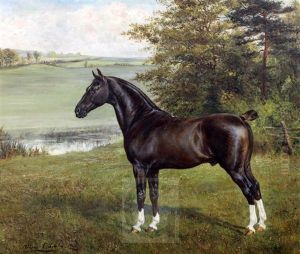Allen Culpepper Sealy Paintings
Allen Culpepper Sealy, born in 1951, is not primarily known as a visual artist but as an Indian author who has made significant contributions to English literature. Sealy, who is often referred to by his pen name, Allan Sealy, is best recognized for his novel 'The Trotter-Nama,' which was published in 1988 and received critical acclaim for its innovative narrative style and its exploration of Indian history and identity through the lens of a fictional Anglo-Indian family.
Sealy was born in Allahabad, India, and was educated at the University of Delhi and at the University of East Anglia, where he participated in the creative writing programme. His work often reflects his diverse cultural heritage and his upbringing in the post-colonial Indian environment. Sealy's writing is celebrated for its linguistic inventiveness and rich descriptive power, drawing on the traditions of Indian storytelling as well as Western literary forms.
Throughout his career, Sealy has authored several other works, including 'The Everest Hotel: A Calendar' and 'The Brainfever Bird'. His novels are known for their intricate plots, vivid characterizations, and thematic depth, often addressing issues of history, identity, and personal destiny within complex social and cultural frameworks.
Besides his novels, Sealy has also written travel books, memoirs, and essays. His works have contributed to the dialogue on postcolonial literature and the role of English as a literary language in India. Despite his literary focus, Sealy's creative output is characterized by a strong visual sensibility, which might be reflected in his narrative structures and the vivid imagery present in his prose.
Sealy's influence extends beyond literature, as he has also been involved in mentoring young writers and participating in literary festivals and conferences. His contributions to literature have been recognized with several awards and fellowships. His continued activity in the literary scene marks him as a significant figure in contemporary Indian English literature. As of the last available information, Allen Sealy is alive and continues to contribute to the literary world.
